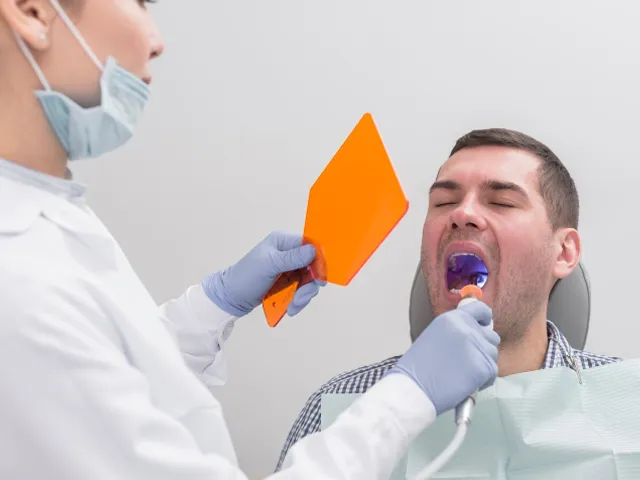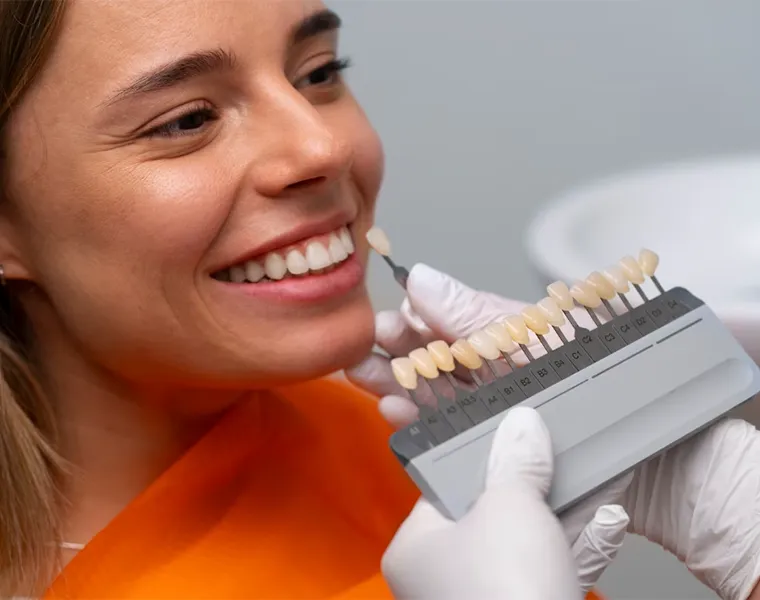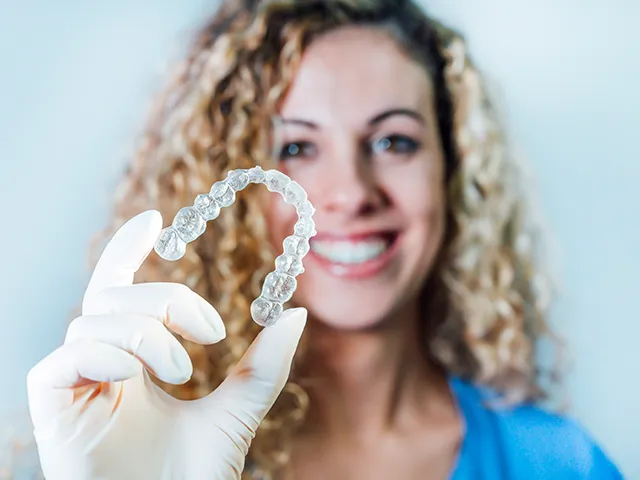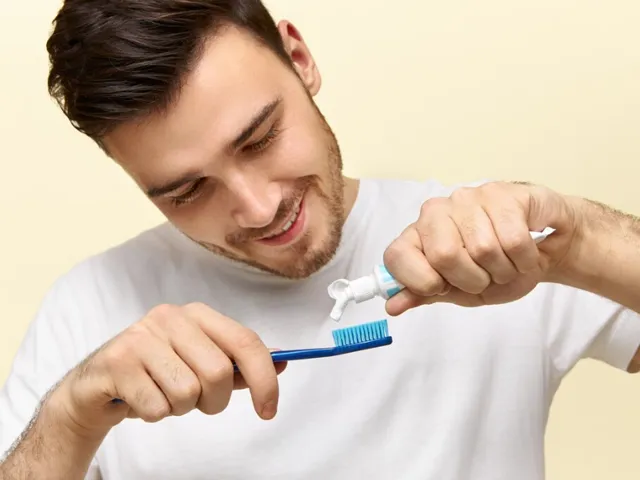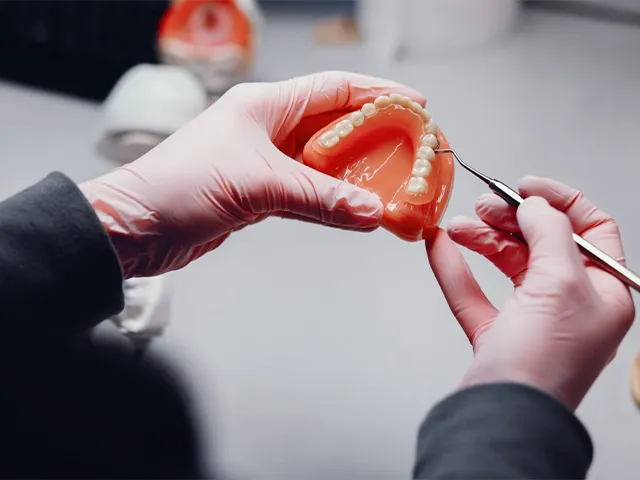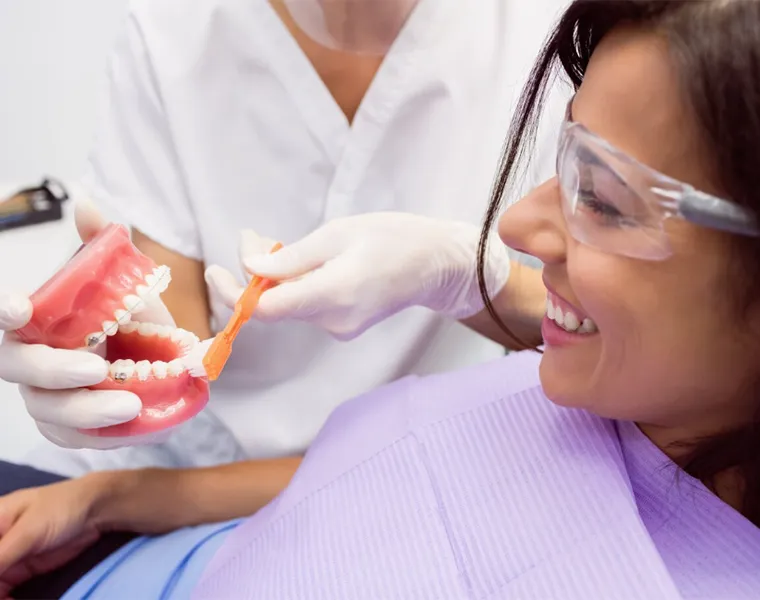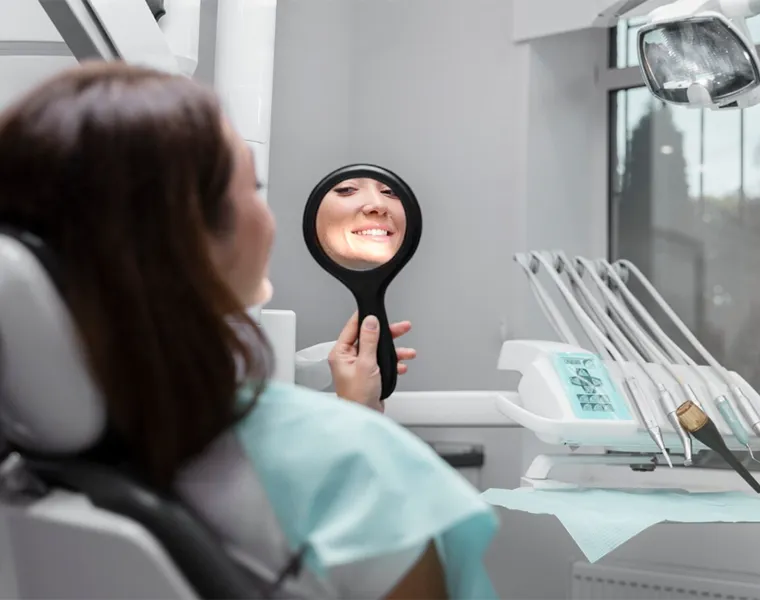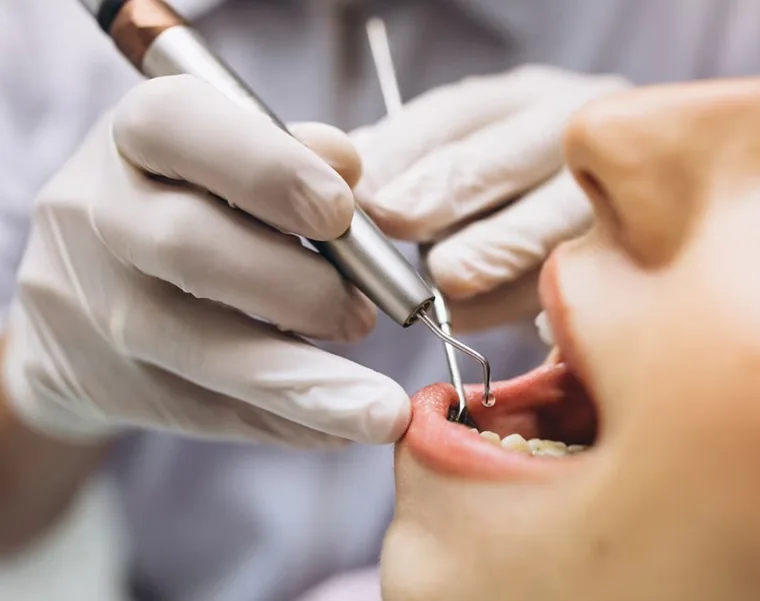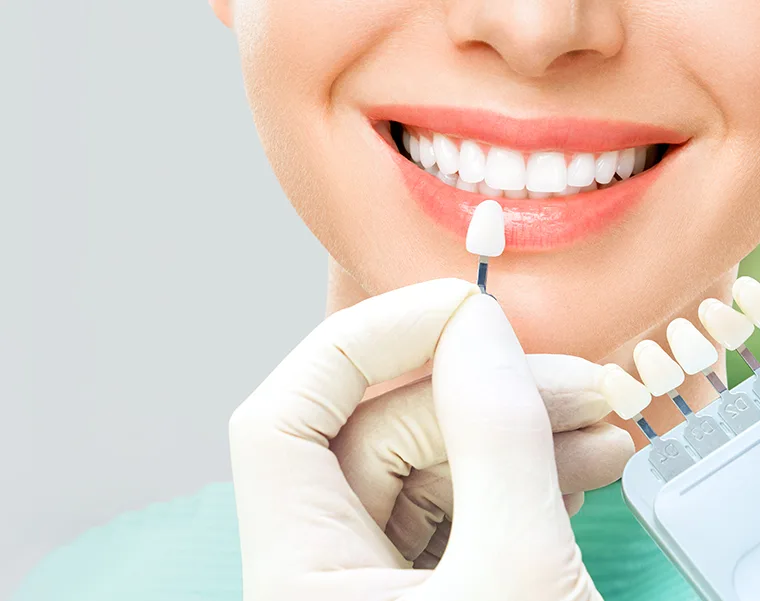Tips to relieve a child’s toothache quickly: In the short term, simple home remedies can be applied to ease a child’s toothache. Rinsing the mouth with warm salt water helps remove bacteria. Additionally, applying a cold compress can effectively reduce pain and swelling. Over-the-counter pain relievers suitable for children may also be used, but it is crucial to consult a healthcare professional before administering any medication. These methods provide only temporary relief and are not a substitute for addressing the root cause of the pain.
Tips to relieve a child’s toothache quickly: While these home remedies may offer short-term comfort, it is essential to identify the underlying cause of the toothache. Common causes include cavities, gum infections, or trauma, which often require professional dental intervention. A dentist can diagnose the source of the pain and implement the appropriate treatment. They can also provide guidance on preventing future issues. Regular dental check-ups are vital for maintaining oral health. Encouraging children to practice good oral hygiene and adopt healthy eating habits plays a key role in preventing dental problems and supporting long-term oral health.
What Causes Toothache in Children?
Toothache in children is often a symptom of an underlying health problem. The causes of toothache may vary depending on the age of the child, the stage of development of the teeth and oral hygiene. The most common causes of this condition include tooth decay, gum infections and teething. In all cases, it is of great importance to identify the source of the pain and apply the necessary treatment.
Teething children often experience swelling, tenderness and restlessness in their gums. In this process, massaging the gums with a cold object or using a safe soothing gel in consultation with the dentist can be effective. In addition, gum infections can also trigger pain.
So, what is good for toothache for children? Home remedies include gargling with warm salt water, applying a cold compress to the painful area and paying attention to dental hygiene. However, these methods only provide temporary relief. A doctor or pharmacist should be consulted when considering the use of painkillers.
In conclusion, toothache in children is a condition that should be taken seriously. Whatever the cause of the pain, it is important to consult a dentist for a long-term solution. Regular dental check-ups and attention to oral hygiene contribute greatly to the prevention of such problems.

What Should You Do for Toothache in Children?
Toothache in children is a common condition that can lead to serious consequences if not intervened in time. Toothache can have many causes and the severity of this pain may vary depending on the age and dental health status of the child.
Symptoms of toothache in children are usually manifested by tenderness and swelling in the area where the pain starts. The child may avoid eating by using the tooth or express discomfort by holding the painful area frequently. In more serious cases, fever and general restlessness may indicate that the pain is caused by an infection.
How does toothache occur in children? Causes include cavities, infections, trauma and the teething process. During teething, which is common in children, tenderness and pain in the gums may occur. Although pain during teething is usually temporary, simple interventions may be needed to improve the child’s comfort.
You can follow the steps below to relieve your child’s toothache:
- Keep the gum area clean and examine the painful area.
- Rinsing the mouth with warm salt water can reduce the risk of infection.
- You can relieve the pain by applying a cold compress.
- Consult a pediatric dentist for a detailed examination of the tooth.
These steps may provide temporary relief, but a complete solution may not be possible without determining the exact cause of the pain.
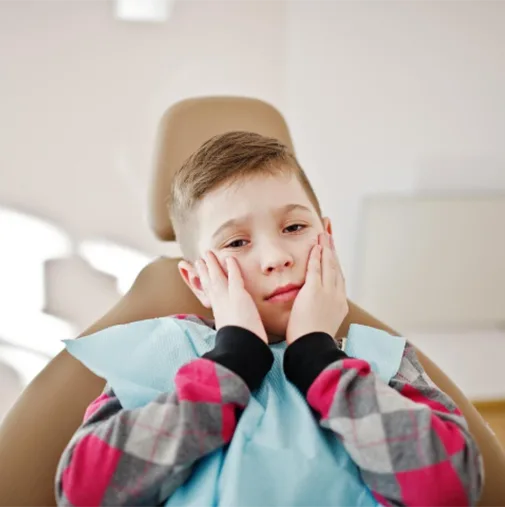
What is good for a 4-year-old’s toothache?
A 4-year-old’s toothache can often be caused by tooth decay, gum infection, tooth impact or teething. Since the dental structure of children in this age group is still developing, it is of great importance to apply the right methods to relieve the pain and provide a permanent solution.
Cold compresses and salt water mouthwash can be tried to relieve toothache. However, it is necessary to consult a dentist for permanent pain relief. The underlying cause of toothache should be determined and a treatment plan should be created accordingly. Conditions such as caries or infection can lead to more serious problems if not intervened early.
What is good for a 5-year-old child’s toothache?
A 5-year-old child’s toothache can affect the child’s daily life and general health. Common causes of toothache in this age group can include tooth decay, gingivitis, dental trauma or teething. Both short-term solutions and long-term treatment options are important to alleviate the child’s discomfort and manage the pain.
The dentist provides the most important step to determine the exact cause of a 5-year-old’s toothache. An examination by the dentist is essential to understand the cause of the pain and plan appropriate treatment. Avoiding sugary foods and regular visits to the dentist ensure that the problems are solved in a short time.
How does a 7-year-old child’s toothache go away?
Toothache in young children can occur for various reasons, usually during the transition from milk teeth to permanent teeth. To relieve a 7-year-old’s toothache and solve the underlying problem, both short-term solutions and professional support are necessary.
Here are the causes of toothache and some treatment options that can be applied by a dentist:
- Tooth decay: Depending on the size of the decay, fillings or other treatment methods can be applied.
- Gum Problems: In case of infection, cleaning or medication may be recommended.
- Tooth Change Process: Relaxing solutions recommended by the dentist can be applied for the pain that occurs during the fall of milk teeth and the eruption of permanent teeth.

